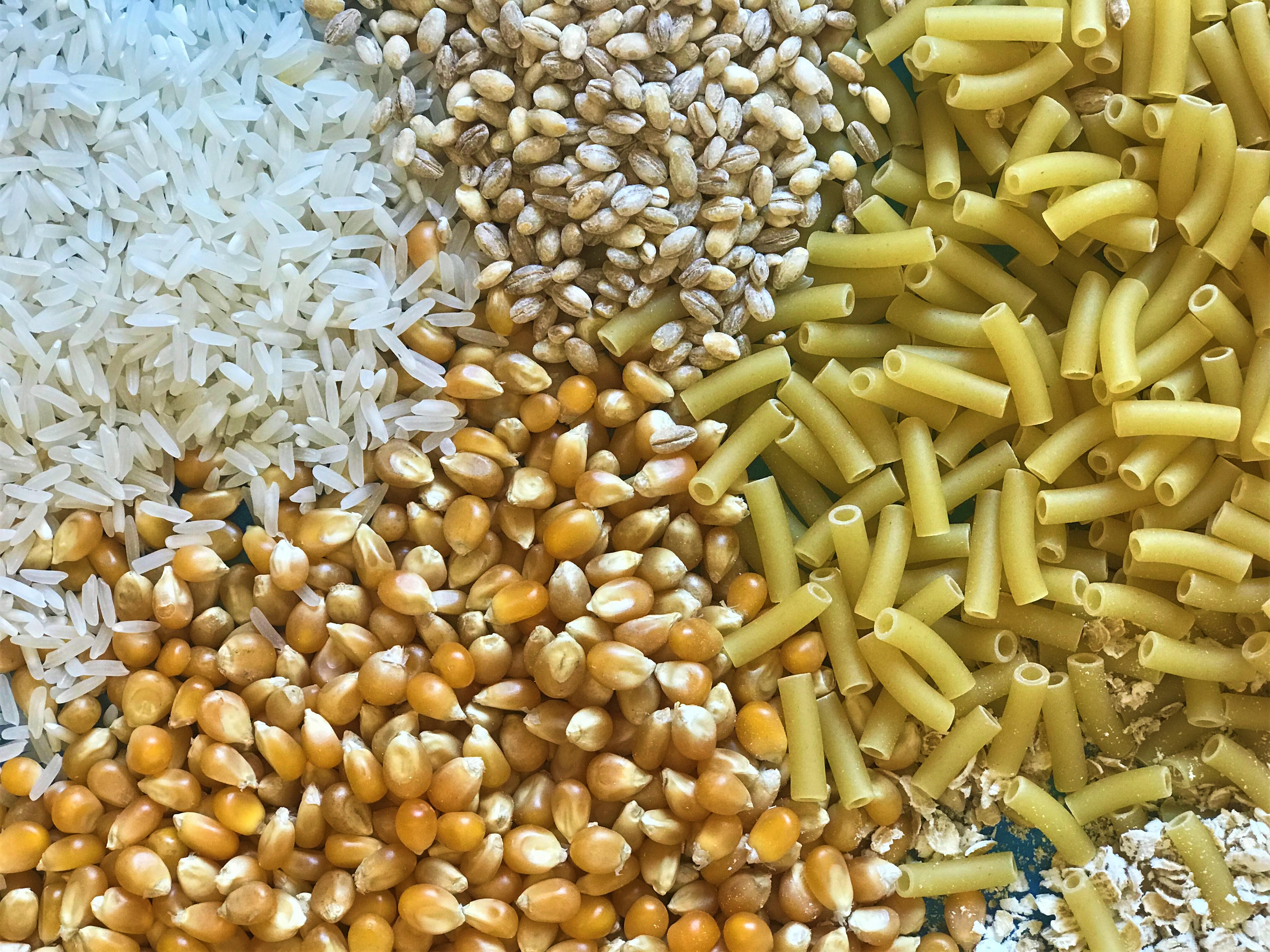In recent years, some vets in America have suggested there could be a link between dogs developing heart disease, and grain-free diets. The FDA (Food & Drug Association) first highlighted this potential link back in 2018, with further studies ongoing.
If you’re worried about your dog’s health – or just want to find out more – we’re here to answer your questions. The most important thing to remember is that grain-free food is not bad for dogs if it‘s balanced and nutritionally complete. Every tails.com recipe contains all the nutrients your dog needs to be at their happiest and healthiest, so there’s no need to worry.
What’s sparked this?
The US Food and Drug Administration released a statement saying they’re investigating a potential link between dog food and a series of unusual cases of heart disease. A similarity uncovered during the investigation was these dogs were all fed grain-free diets, using potatoes and legumes (beans, peas, lentils etc) as the main carbohydrate source.
Could diet cause heart disease?
Maybe, but not due to being grain-free if it’s nutritionally balanced and complete like tails.com.
If a diet lacks taurine, an essential amino acid necessary for cardiac health, this could lead to problems over time. Also, certain ingredients can block the body’s ability to digest and absorb essential nutrients. Legumes such as beans, and pulses like peas or lentils contain natural plant chemicals in their raw, uncooked form that can interfere with the digestion of certain other nutrients.
But when we cook these foods (for ourselves as well as our pets), we destroy these chemicals, making these ingredients digestible and nutritious. In most dry dog food, including tails.com, the process required to make the kibble itself renders these chemicals harmless.
Is grain-free food bad for dogs?
Grain-free food is not bad for dogs if it’s balanced and nutritionally complete. When formulated by qualified animal nutritionists to contain everything an individual dog needs, that dog should thrive on the diet in question.
Why would I feed my dog grain-free?
Allergies or intolerances to grain are far less common in dogs than humans, so most dogs don’t require grains to be excluded from their diet. And whilst there are cases where the exclusion of wheat is necessary, every dog is different. Some dogs may have digestive intolerances or allergies and do better when certain ingredients are excluded from their diet.
So grains are good for my dog?
Yes, they can be very nutritious as part of your dog’s diet. Whole grains offer a range of important nutrients for dogs as part of a balanced diet. This works in conjunction with high-quality animal protein sources.
Grains provide:
- An excellent source of complex carbohydrates for energy
- Essential amino acids from plant protein
- B vitamins
- Fibre for intestinal health.
Are potatoes and legumes nutritious ingredients too?
Potatoes and legumes are very nutritious and useful ingredients. However, the most important part of any diet is how ingredients work together, rather than a single ingredient. The overall nutritional composition of a pet food relies on all ingredients making up a balanced diet when mixed together. A mix of meat, vegetables and grains achieves this, as does a diet substituting grain for another carbohydrate source – such as potatoes or legumes.
Do we use potatoes and legumes in our food?
We use a variety of vegetables in our foods for taste and health benefits, including legumes – specifically peas – and potatoes. Vegetables are rich in insoluble fibre, vitamins and minerals and are a great source of protective antioxidants too.
We add peas to our food as they provide vitamin C and phytonutrients, whilst ingredients such as potatoes are a great source of complex carbohydrate. This keeps dogs feeling full and gives them energy.
There are some additional benefits, too:
- Sweet potato contains unique flavonoids that help with blood glucose control. They can also help support your dog’s immune system as they get older.
- White potato contains carotenoids (such as lutein, zeaxanthin, and violaxanthin) which are powerful antioxidants.
Should I change my dog’s food?
Not if you are feeding a complete and balanced food and you and your vet are happy that your dog is healthy. All of our recipes are individually tailored to your dog’s needs, and developed by food expert nutritionists alongside vets.


The news re depriving dogs of grains sounds very plausible as grains are very strongly linked with heart health in humans – from top quality studies involving enormous cohorts.
Surely you cannot strongly deny this – as inflicting food fads on dogs is not based on real science any more than self inflicted human fads.
Dr Alice Nesl MBBS (London)
Thank you this is informative and reassuring
Very interesting read. Thank you
Thank you for the information.Was alarmed when I read it in the Telegraph.